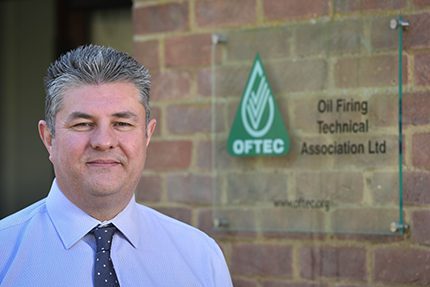Last month BEIS launched a consultation on the introduction of ECO3 which is due to run from this October; the deadline for responses is this Sunday (29th April).
Under the new proposals, oil-heated households will still be eligible to fit energy efficiency measures such as insulation and heating controls but unable to repair or replace an old, faulty or broken boiler with a new oil appliance. Comparable households on mains gas or LPG would continue to have access to this support.
Oil using consumers may be allowed to fit other solutions such as air source heat pumps – although these would not be eligible for RHI payments – and LPG boilers under the revised ECO3 scheme, but these systems are far more expensive to run.
OFTEC has been lobbying to alert rural MPs to the likely negative impact of the ECO3 proposals on their constituents and has already received responses from a number of rural MPs backing OFTEC’s stance.
“Rural households have often been at the back of the queue for energy efficiency support and the new scheme does nothing to change this trend; indeed, it looks set to make it worse,” said OFTEC CEO, Paul Rose whose concerns have been echoed by other organisations including fuel poverty charity National Energy Action.
Under the proposals, rural households eligible for First Time Central Heating would be prevented from installing oil central heating – the lowest cost technology.
The proposals also overlook the potential of liquid bio-fuels as a replacement for kerosene. The scheme could act as a stepping stone towards decarbonisation by installing high efficiency modern oil boilers now that subsequently could switch seamlessly to bio-fuels in the future. This would lift many homes out of fuel poverty in the short term as well as giving an immediate reduction in carbon emissions.
“The situation could be acceptable if affordable alternative heating solutions to oil existed. But the simple fact is that currently, they don’t,” added Paul.
“Excluding oil heating from ECO3 presents a major step backwards in government thinking and contradicts the very essence of what the scheme is designed to achieve.”
The consultation on A Future Framework for Heat in Buildings remains open until 29th June – www.gov.uk/government/consultations/a-future-framework-for-heat-in-buildings-call-for-evidence
